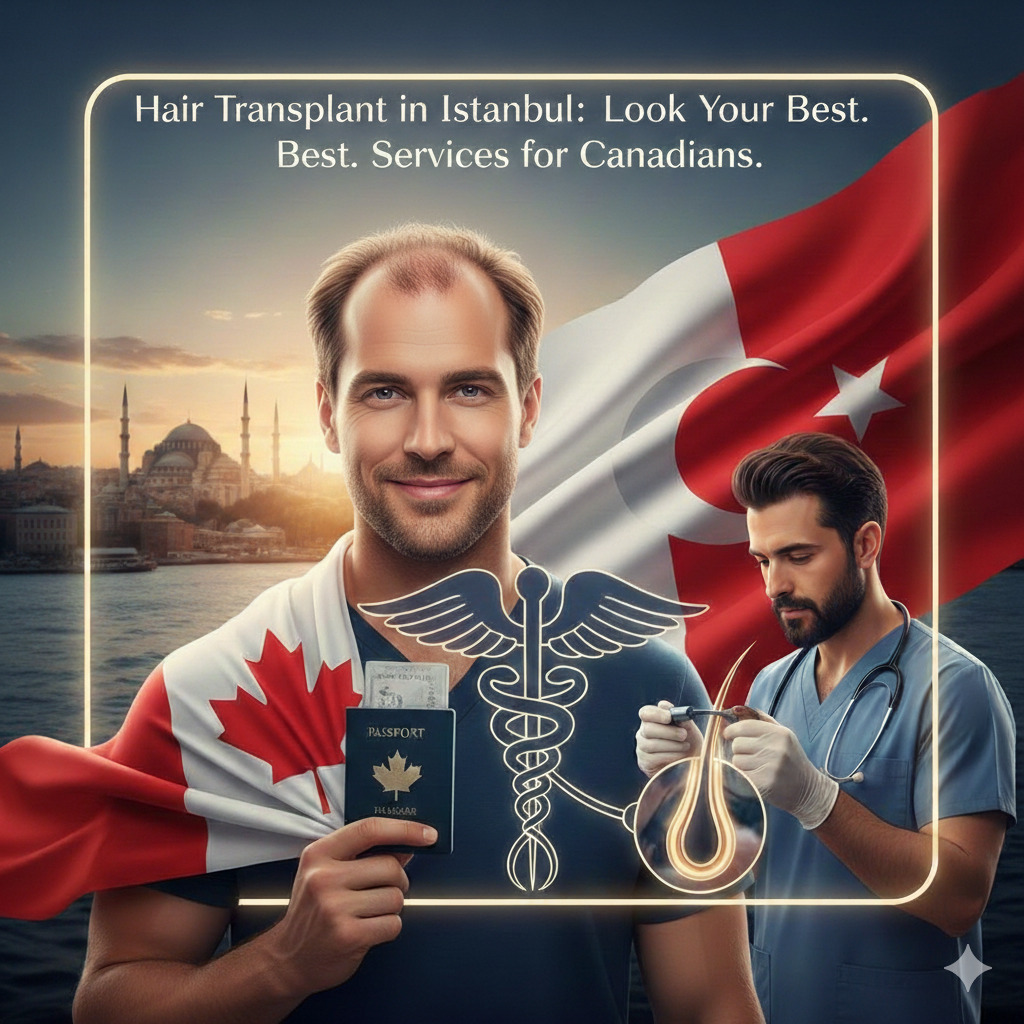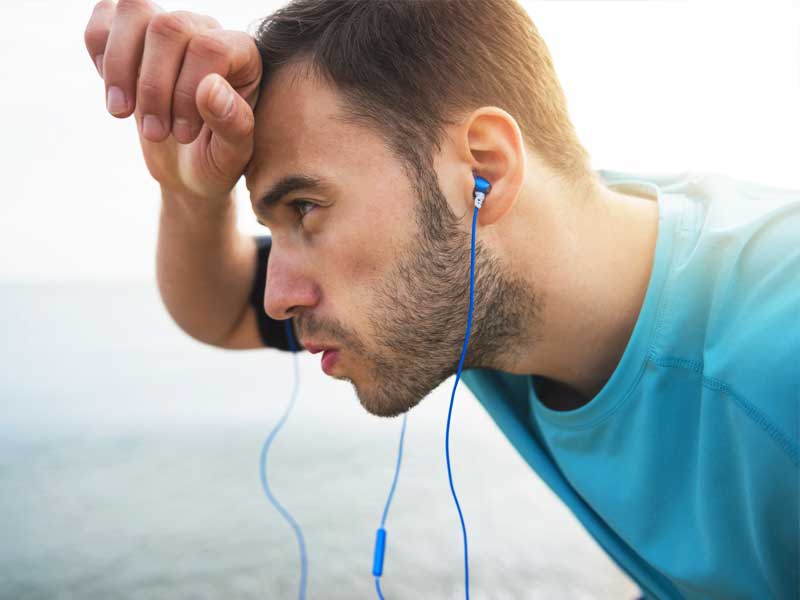Coronavirus: is it safe travel to Turkey for a hair transplant?
The outbreak of coronavirus all around the globe has unleashed many fears in people, partly due to the general misinformation that exists about this virus, but also because panic and fake news are easily spread through media, especially on Internet. In fact, many people are cancelling their travel plans or postponing them fearing to be infected in their destination country.
Therefore, in the current scenario questions such as “Is coronavirus dangerous?”, “What is the risk of contagion?”, “Is it safe to travel to Turkey?”, or even “Are there coronavirus cases in Turkey?” or “Can I get infected by the coronavirus because of a hair transplant in Turkey?”, are understandable and really common. This is why in the following lines we wish to give all the necessary information and clear all doubts about this issue.
Table of contents
- What is coronavirus?
- What are the coronavirus symptoms? Is there any available treatment?
- What are the measures to prevent infection and spreading of coronavirus?
- Wash your hands frequently
- Never cough into your bare hand
- Keep a minimum distance
- Avoid touching your mouth, nose and eyes
- Ask for medical help in time
- Keep yourself informed
- When and how should I use a protective mask?
- Is it safe travel now to Turkey?
- Is there a risk of contagion by COVID-19 if I get a hair transplant?
What is coronavirus?
Actually, coronaviruses (CoV) are a very large family of viruses that are behind various diseases, from a simple cold to more serious illnesses like the Middle East Respiratory Syndrome (MERS) or the Severe Acute Respiratory Syndrome (SARS). Within this family is where we find the new SARS-CoV-2 coronavirus, which produces the disease called COVID-19.
This new coronavirus was firstly discovered and isolated in the Chinese city of Wuhan in December 2019. Many questions remain among scientist about its origin, but it´s believed that the virus was originated in an animal -possibly in bats– and by contact passed to humans. Initially it was thought that the focus was in a market in Wuhan, but this theory was later ruled out by researchers. Nowadays, there is no certainty about where the focus was.
The most likely hypothesis is that the virus mutated in an animal and then infected a person, becoming transmissible between humans. The contagion mechanism is similar to other coronaviruses such as the influenza virus, and it´s mainly done through small droplets of saliva and other fluids that are expelled to the air when coughing or sneezing; this doesn’t mean that the virus is transmittable by air, since the maximum range of these droplets is 2 metres.
A special feature of the SARS-CoV-2 virus is its incubation period (that is, the time that passes since a person becomes infected till he/she shows symptoms), which can be up to 14 days; and during this period, even if the infected person does not show symptoms of the disease, he/she can pass the virus on to others. Also, while a person infected with the influenza virus can infect 1,3 persons, someone with the SARS-CoV-2 virus can infect up to 3 persons or more.
What are the coronavirus symptoms? Is there any available treatment?
The first symptoms of this new coronavirus are similar to those of a flu, and include fever (but not always), dry cough, sneezing, sore throat, and other discomforts such as joint pain. Although about 80% of people overcome the disease without an special treatment, in others it can lead to severe respiratory problems or severe pneumonia.
According to the latest studies, its mortality rate is around 2-3% of infected patients; however, it can vary slightly depending on the virus strain. In general, infected people who are males over 60 years of age are more likely to suffer serious complications when infected by this virus, especially if they have previous health complications or chronic diseases.
There is still no specific treatment for this new virus; therefore, doctors use already known antiviral drugs or simply treat symptoms such as pain or fever. However, several organizations all over the world are working hard to find a vaccine, including the National Institutes of Health in US, which has announced that will start trials of a new vaccine in April 2020. China is also working on a vaccine that could be ready in a few months.
Until now, the new coronavirus has infected about 130,000 people worldwide, of whom around 5,000 have died and near 70,000 have already overcome the disease. On March 11th 2020, the World Health Organizacion (WHO) declared the SARS-CoV-2 outbreak a global pandemic; however, most experts believe that the virus will disappear before June due to the increase in temperatures.
What are the measures to prevent infection and spreading of coronavirus?
The World Health Organization (WHO) has published a list of recommendations to the public to avoid becoming infected with the virus, which in sum are the following:
Wash your hands frequently
Although alcohol-based gels or disinfectants can be used, actually washing your hands thoroughly and between your fingers by simply using soap and water, is enough to kill the virus.
Never cough into your bare hand
There are still many people who do not cover themselves when coughing or sneezing, or that do it with their hands; if we do not cover our mouth and nose, we expel droplets than contain the virus and can infect others; and if we use our hands, we can infect objects or people when touching them. Use your elbow!
Keep a minimum distance
WHO recommends a minimum distance of 1 metre between people if we observe symptoms such as cough, sneezing or fever: thus, we prevent droplets suspended in the air from reaching us.
Avoid touching your mouth, nose and eyes
Our hands usually touch many surfaces and they may be contaminated with the virus; when we unintentionally bring our hand or fingers to our faces, we can make the virus enter our body.
Ask for medical help in time
If you have any flu-like symptoms that may be compatible with the COVID-19 disease, do not go to a hospital; stay at home and contact emergency services by phone (dial 112, or 911 if you are in the US) and report about your situation so they can take a decision about what you should do.
Keep yourself informed
You should keep yourself informed about the rules and advices from health authorities and about possible security and containment measures; however, it is important to stay calm and avoid panic situations. And above all, do not resort to uncontested sources that spread false information or fake news.
When and how should I use a protective mask?
Regarding the use of protective masks, both health experts and WHO insist that this is only necessary if we are in close contact with someone suspected of being infected: therefore, they are only essential for health personnel. However, they are necessary if we present symptoms to avoid infecting others: in this case, you must learn how to use and remove a mask correctly.
It is important to remember that there are several types of protective masks, and not all provide the same protection level against viruses; WHO recommends a protection level homologated as FFP2 (EU) or N95 (US) for people in direct contact with infected patients. But, a mask can NEVER be reused after being near an infected person. In addition, masks are totally useless if they are not combined with the previous measures, especially good hand hygiene.
Is it safe travel now to Turkey?
WHO has declared a pandemic due to the spread of the virus throughout the world, infecting especially countries such as China, Italy, Iran, South Korea, France, Spain or Germany. However, Turkey is a country that barely has registered cases of coronavirus, and in fact it has become the preferred destination for travel agencies and tourists seeking a “coronavirus free destination“.
In fact, on March 10th -while in Europe there were already hundreds of deaths from the virus, and hundreds of people infected just in the UK- Turkish Ministry of Health confirmed the first case of COVID-19 in the country: a Turkish citizen that became infected after travelling to Europe, who was immediately detected upon arrival and isolated.
How is this possible? Well, WHO has praised Turkey because it has taken “very seriously” the coronavirus problem since the beginning and imposed quite strict measures to contain the virus, much more restrictive than in Europe. When the epidemic began to spread across China, Turkish Government installed thermal cameras an quarantine rooms at borders and airports an increased medical personnel. Later it closed borders and suspended all flights with China, and did the same with Italy or South Korea when the virus spread.
Turkey was already one of the main destinations for health tourism due to its modern health facilities and the high level of its medical professionals; but now it has become a world reference for dozens of countries in what concerns to measures to prevent the spreading of the coronavirus. Additionally, Turkey has developed its own tests capable of detecting SARS-CoV-2 about 12 times faster than a normal test.
Is there a risk of contagion by COVID-19 if I get a hair transplant?
When you undergo a hair transplant in a specialized clinic with all guarantees as a Clinicana, you do so in a healthcare place with specialized medical personnel that knows very well and follows strictly all necessary hygiene and prevention protocols. In fact, our clinic has the health quality and security international certification provided by the Joint Commission International (JCI), and also abides by ISO protocols.
These certifications guarantees you that our team takes all necessary precautions to carry out the procedures in a safe, sterile and hygienic environment, both during the consultation and during the medical intervention. We are also associated with one of the best private health groups in Turkey (Acıbadem) and located in one of the most modern and best equipped hospitals in the country, the Acıbadem Taksim Hospital in Istanbul.
Our team is composed of highly qualified professionals with all necessary skills to face any incident: a cosmetic plastic surgeon, a dermatologist, an infection specialist, a professional nurse and a doctorate in pharmacy. The surgery to carry out the hair transplant is performed in a sterile operating room, and both the medical staff and the patient wear a face mask all time and use disinfected and disposable material.
All this, together with our location in a country that has barely been affected by the coronavirus, allows us to offer you all the necessary guarantees that your intervention will go smoothly. Trust in Clinicana, as thousands of patients have already done: just check the reviews on hair transplant in Turkey, enjoy our online free consultation service, and discover why we are a world leaders in 100% safe hair transplants.

Thinking about a hair transplant and stuck between Turkey and Dubai? The debate between hair transplant Turkey vs Dubai has become increasingly common lately, especially with both countries becoming hotspots for medical tourism. Let’s break down the real differences and help you figure out which destination truly matches your hair goals —and your wallet. Why […]

This full hair transplant guide for Canadians in Turkey leads you through the hair transplant process from the first consultation to aftercare following the procedure. We’ll review the consultation, expenses, and recovery tips following a hair transplant in Turkey. What to Expect from a Hair Transplant Consultation in Turkey A consultation with the hair surgeon […]

What causes excessive sweating of the head and face? If you often notice excessive head sweating, a sweaty scalp, or forehead sweating even when it isn’t hot, you may be dealing with hyperhidrosis. Sweating is a normal way for the body to cool down, but with hyperhidrosis the sweat response can be out of proportion—sometimes triggered by stress, certain foods, […]













